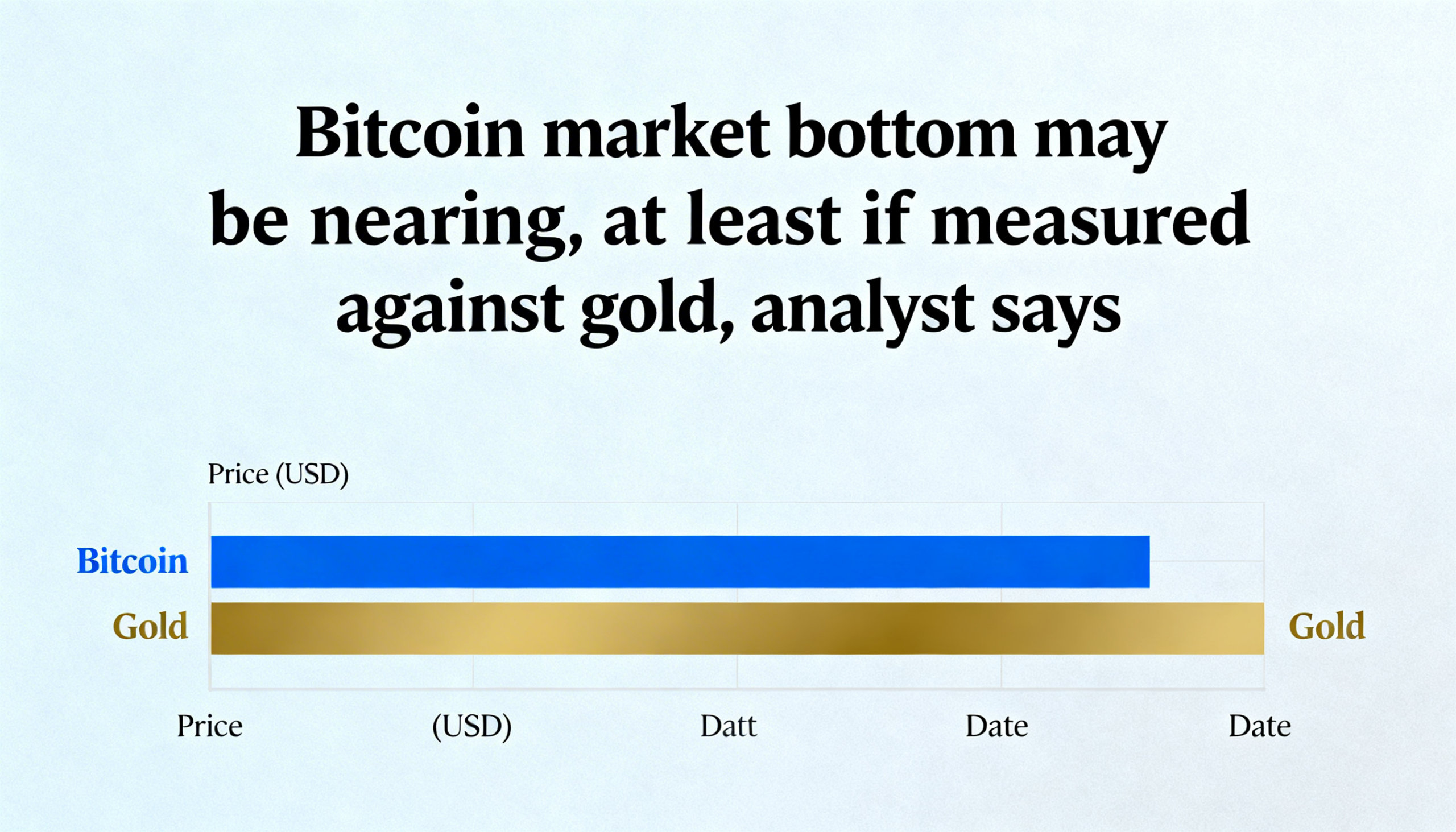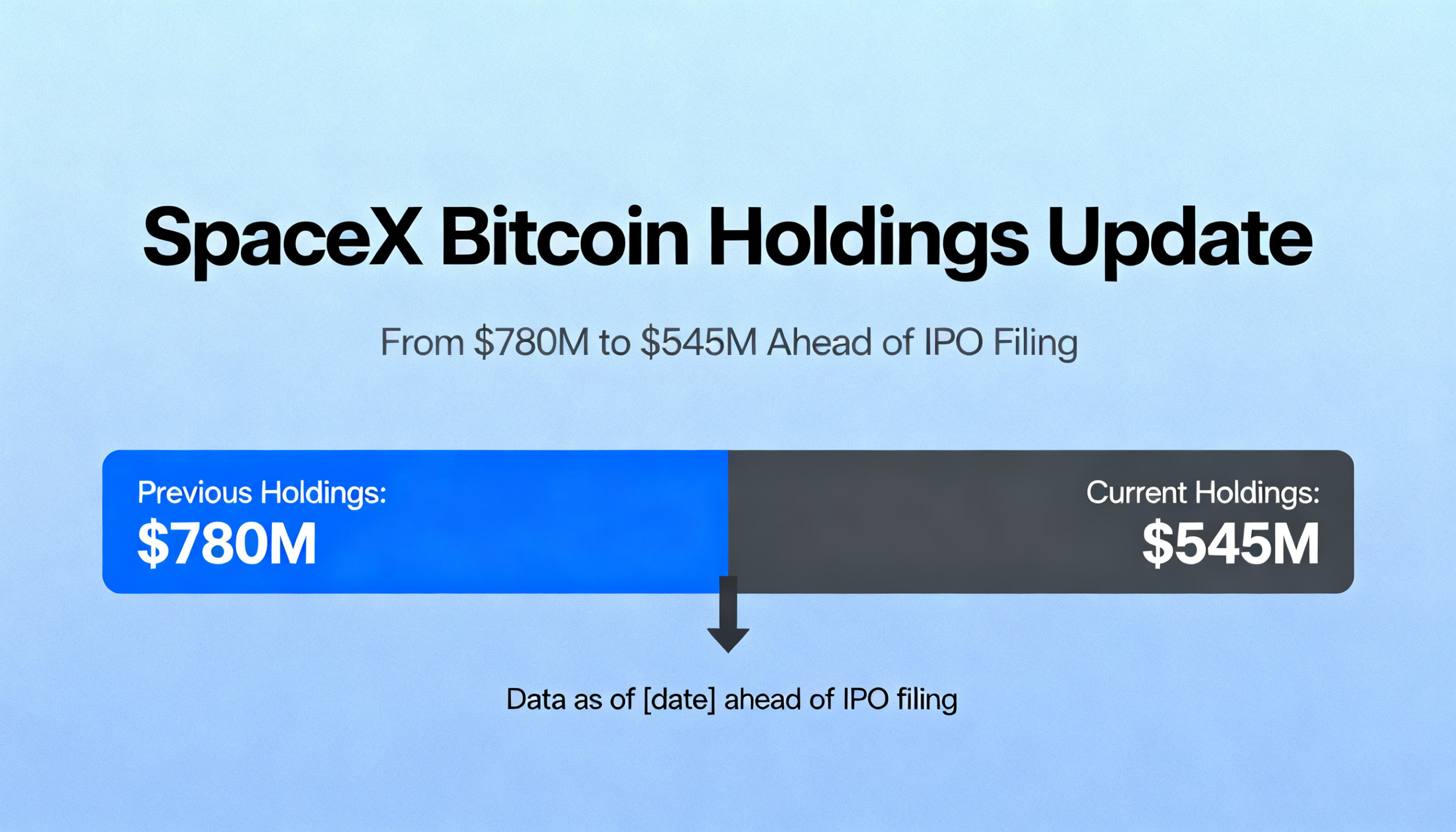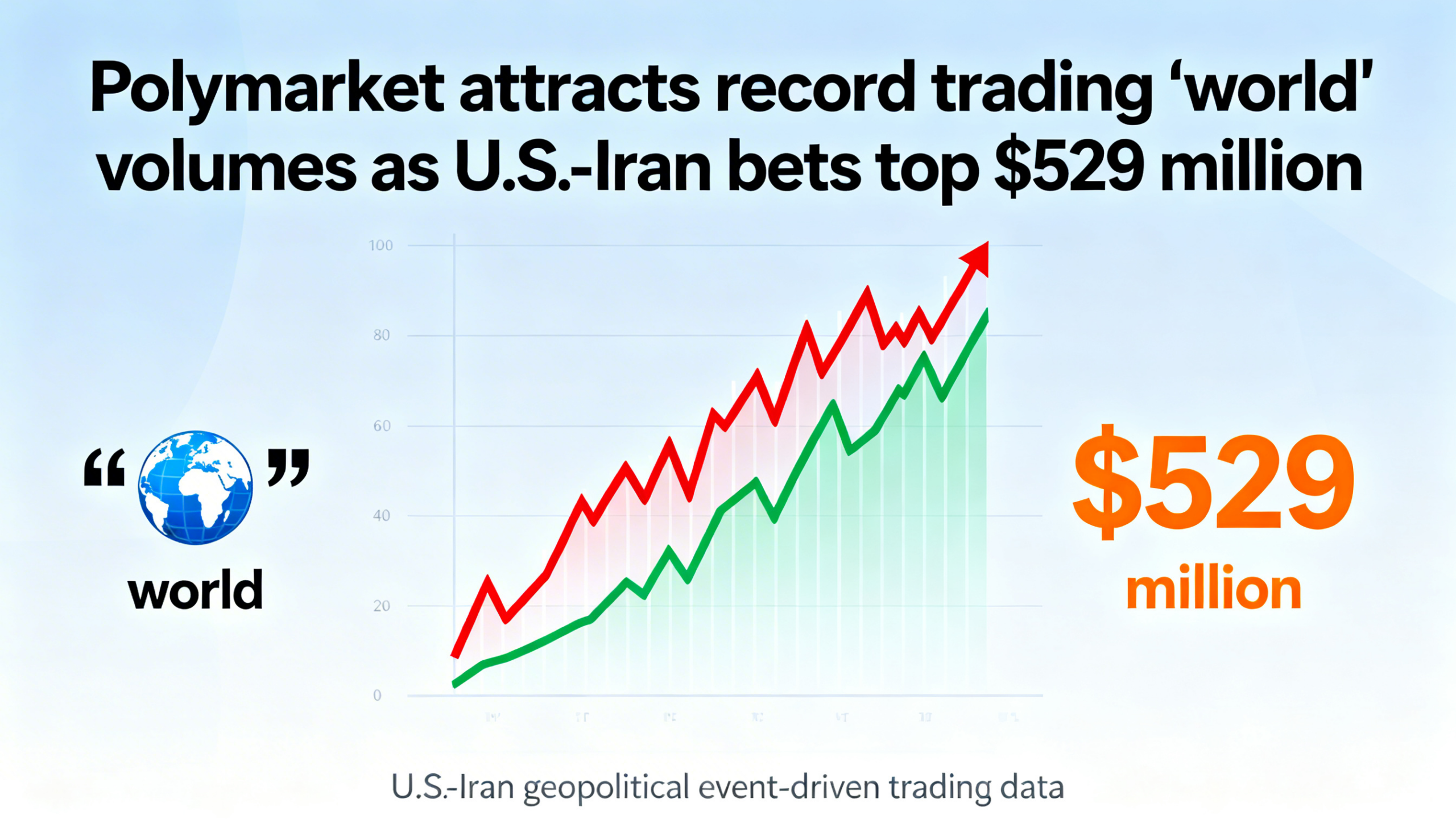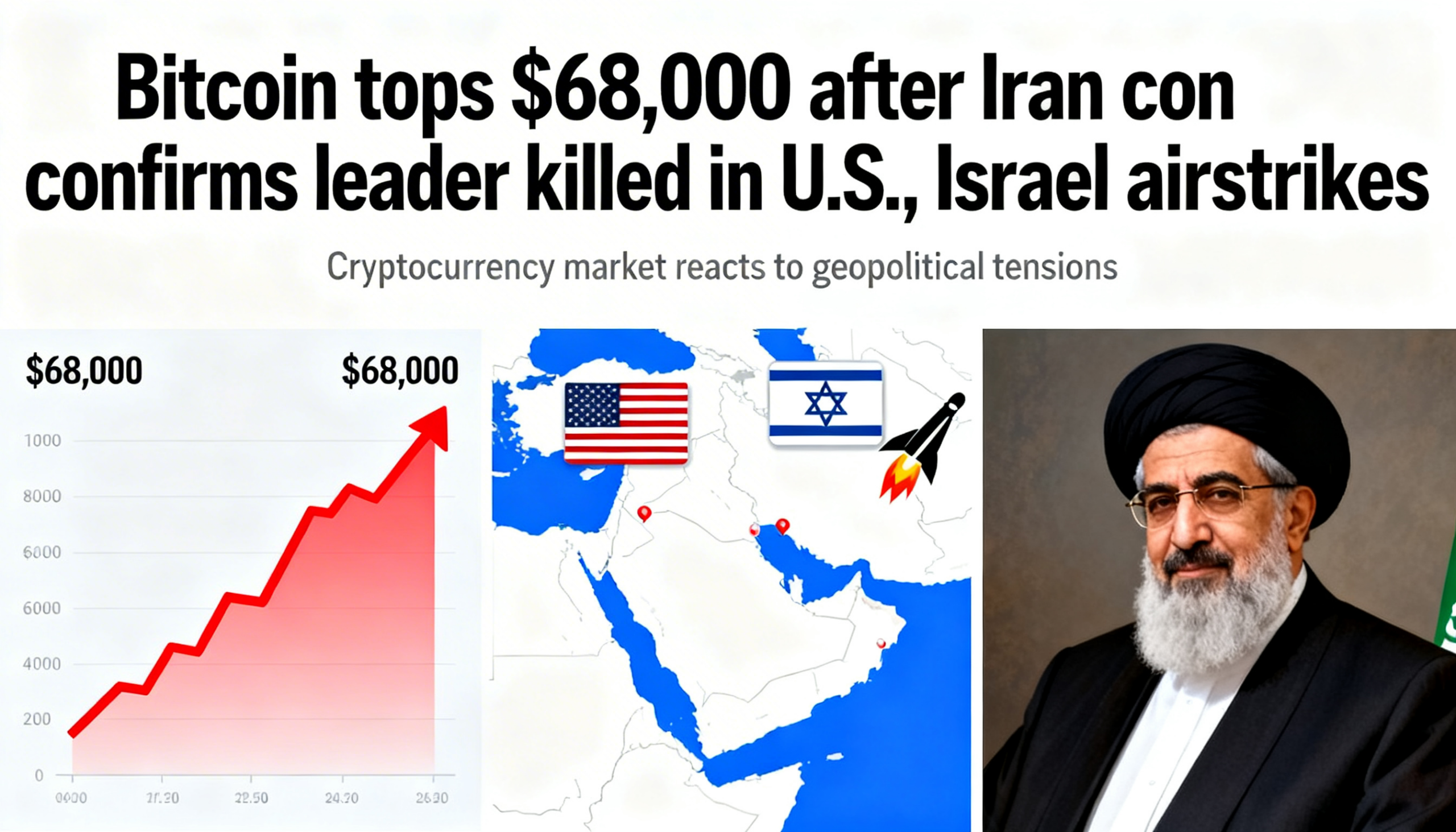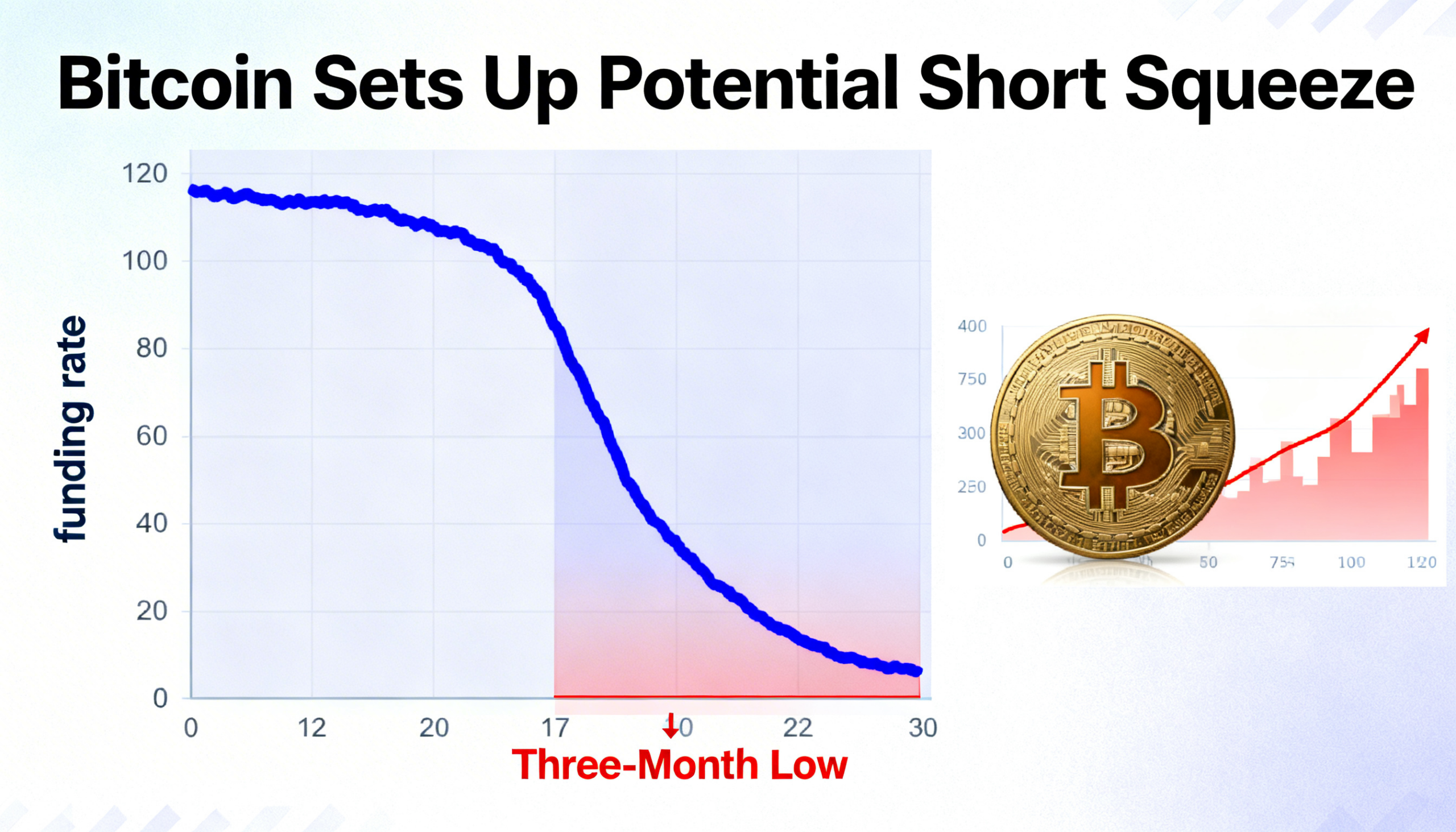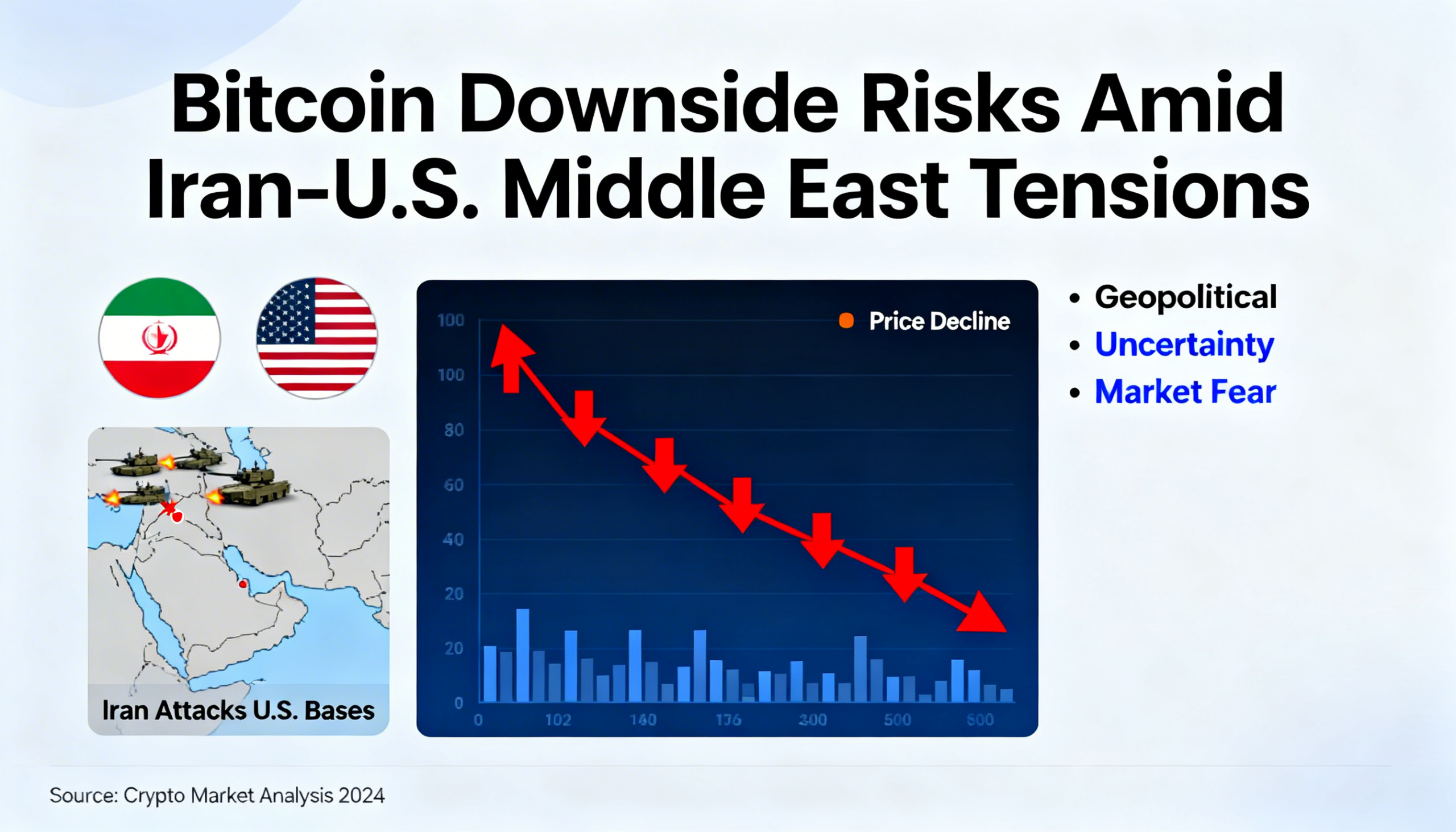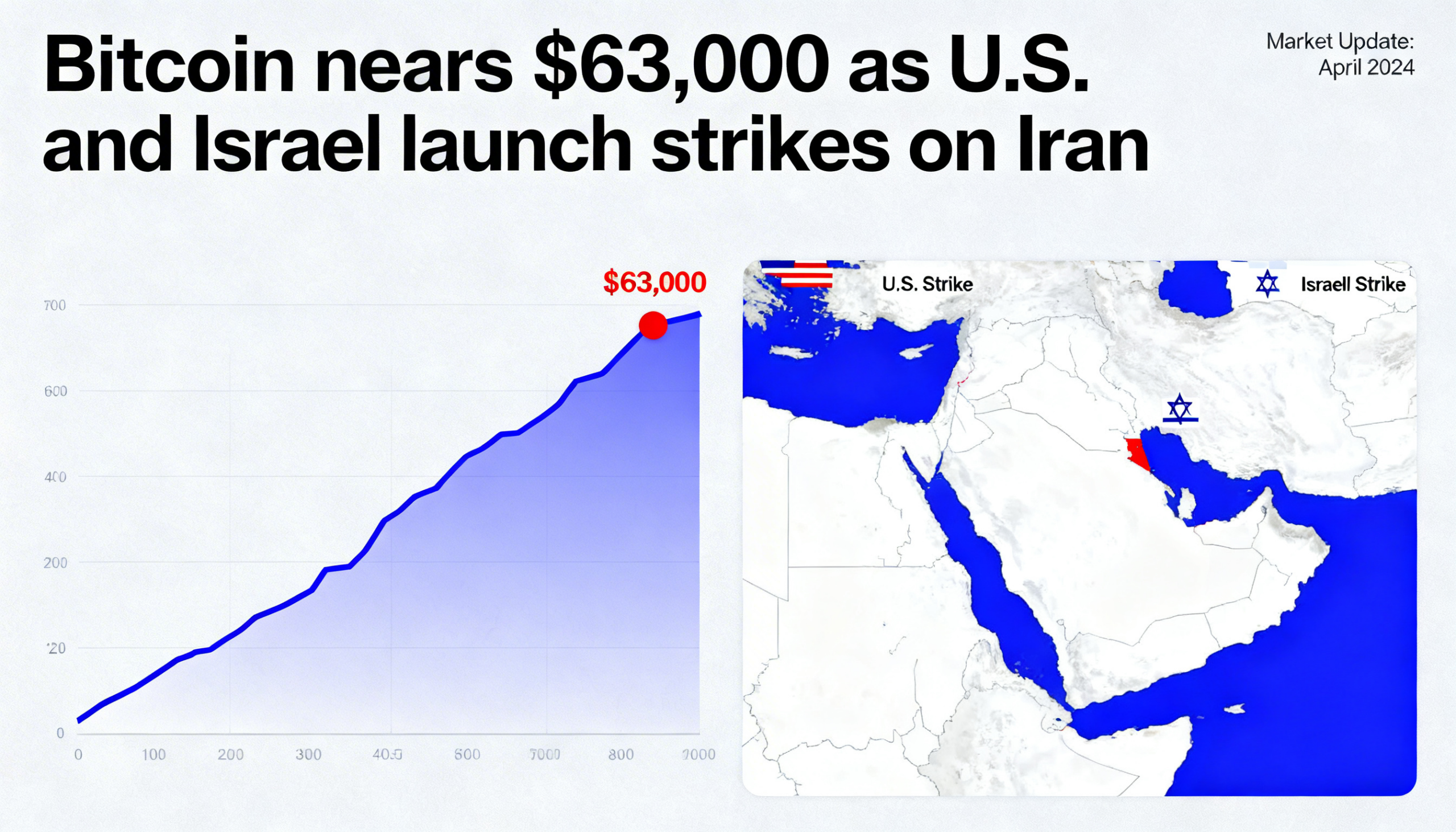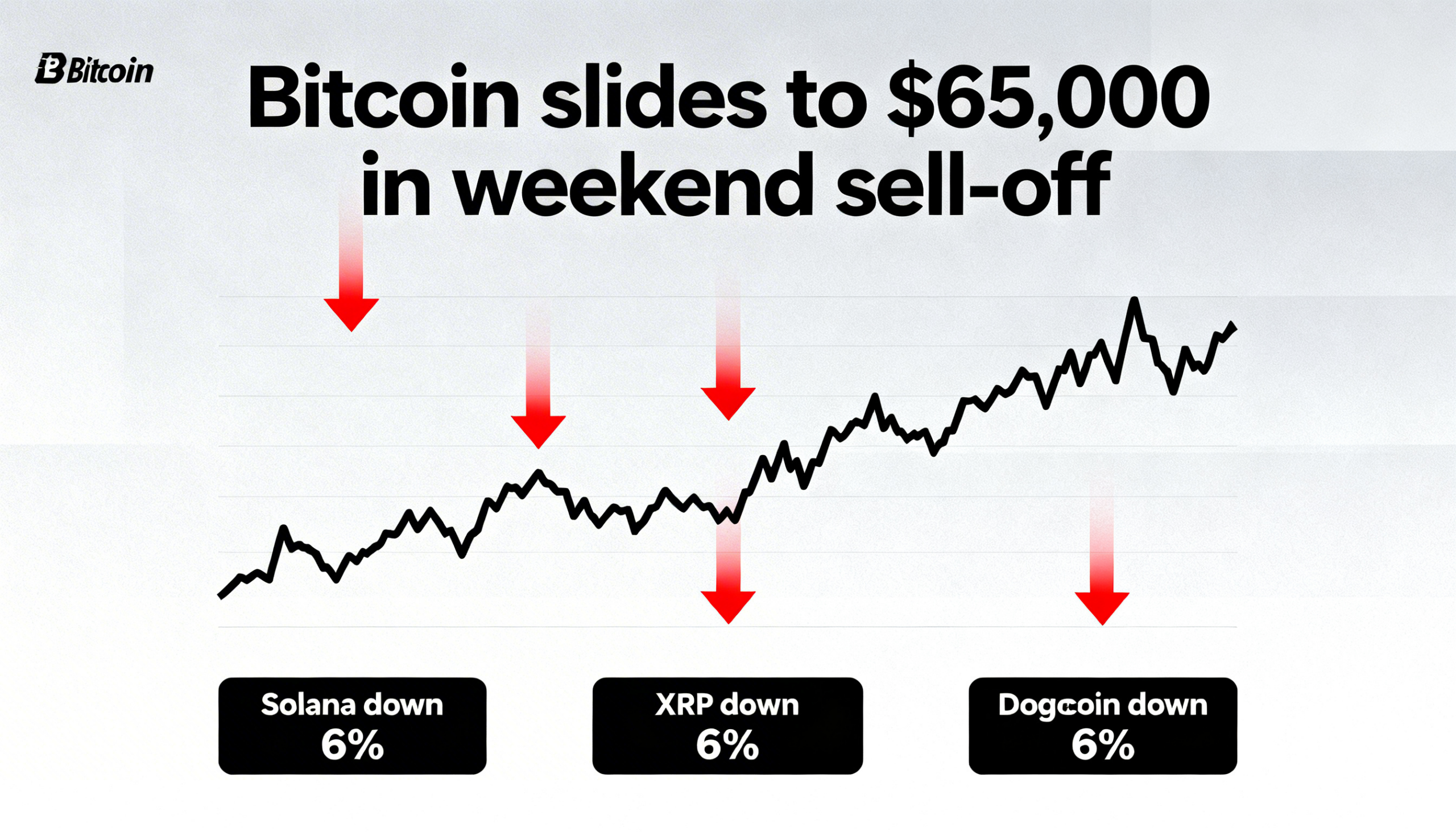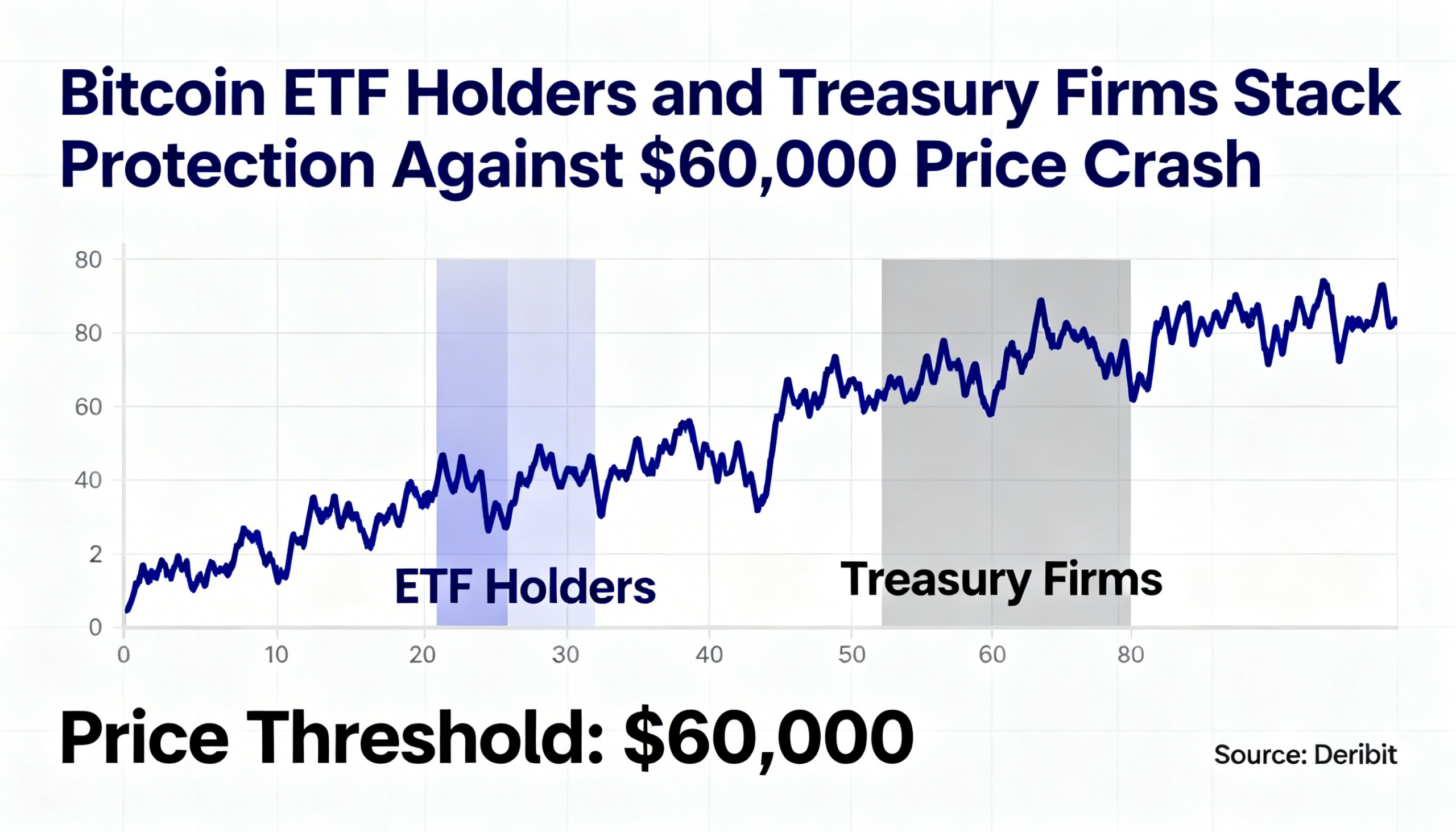Olas Unveils Mech Marketplace to Enable AI Agents to Work Together Autonomously
AI agents are getting a new way to collaborate thanks to Olas’ latest innovation, the Mech Marketplace—a decentralized platform that allows AI systems to hire and trade services with one another.
“We’re not at a point where AI agents can do everything alone,” said David Minarsch, a founding member of Olas. “By allowing agents to specialize in different tasks and interact dynamically, we create a system where they can trade services and optimize efficiency.”
How It Works
Take, for example, an AI agent focused on prediction markets. It might know how to place bets and withdraw funds but lack the ability to generate accurate predictions. Instead of being pre-programmed to rely on a specific counterpart, it can now search the Mech Marketplace and connect with an agent that specializes in forecasting.
While AI agents have already conducted over four million transactions within the Olas ecosystem—more than half of them between agents—the Mech Marketplace introduces a more flexible and dynamic way for them to interact. Instead of hardcoded relationships, agents can now discover and collaborate on demand.
Multi-Chain Support and Expansion Plans
The Olas ecosystem spans across multiple blockchains, including Ethereum, Solana, Polygon, Arbitrum, Optimism, Base, and Gnosis Chain, with the latter hosting the majority of transactions. Nearly 2,000 AI agents are deployed, with about 500 actively operating daily.
Olas recently secured $13.8 million in funding to further develop its ecosystem, including the launch of Pearl, an app store designed for users to own and manage AI agents.
The Future of AI and Crypto
Looking ahead, AI agents could simplify the complexities of crypto interactions. Instead of manually managing wallets, bridging networks, or optimizing DeFi strategies, users could simply instruct their AI assistants to handle these tasks autonomously.
“We’re moving toward a future where every human will have multiple AI agents seamlessly managing aspects of their daily lives,” Minarsch added.



